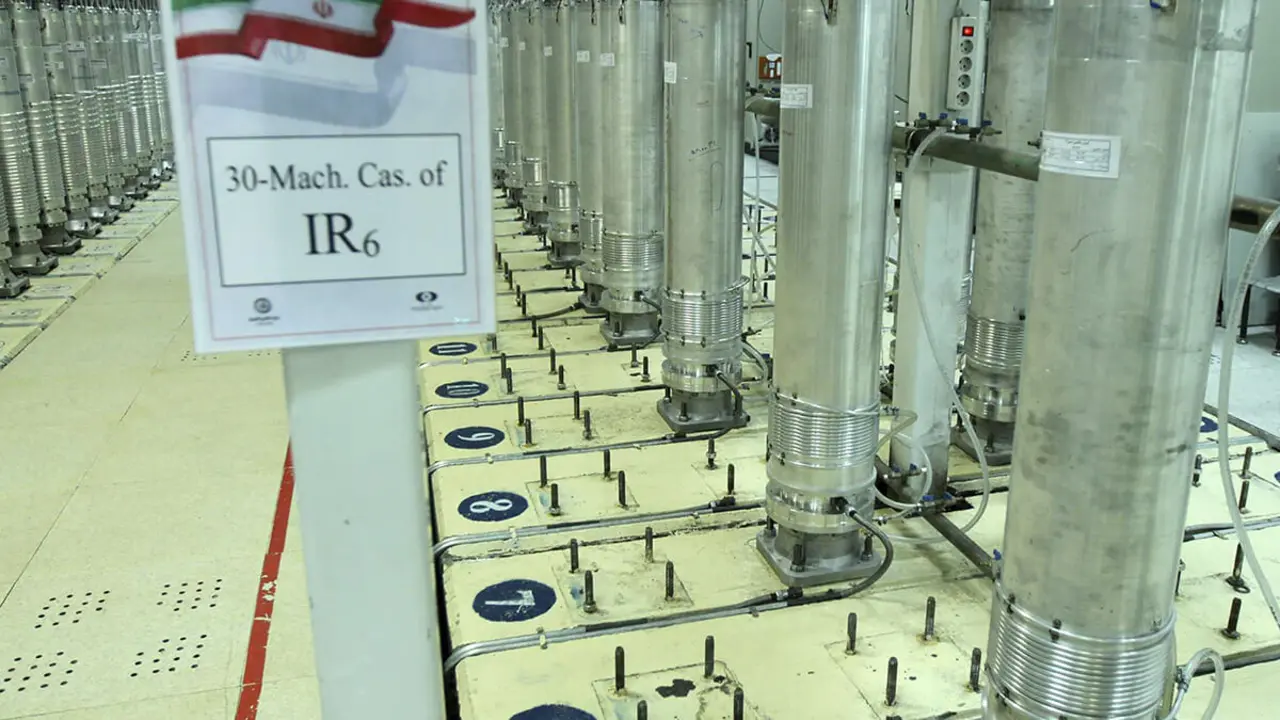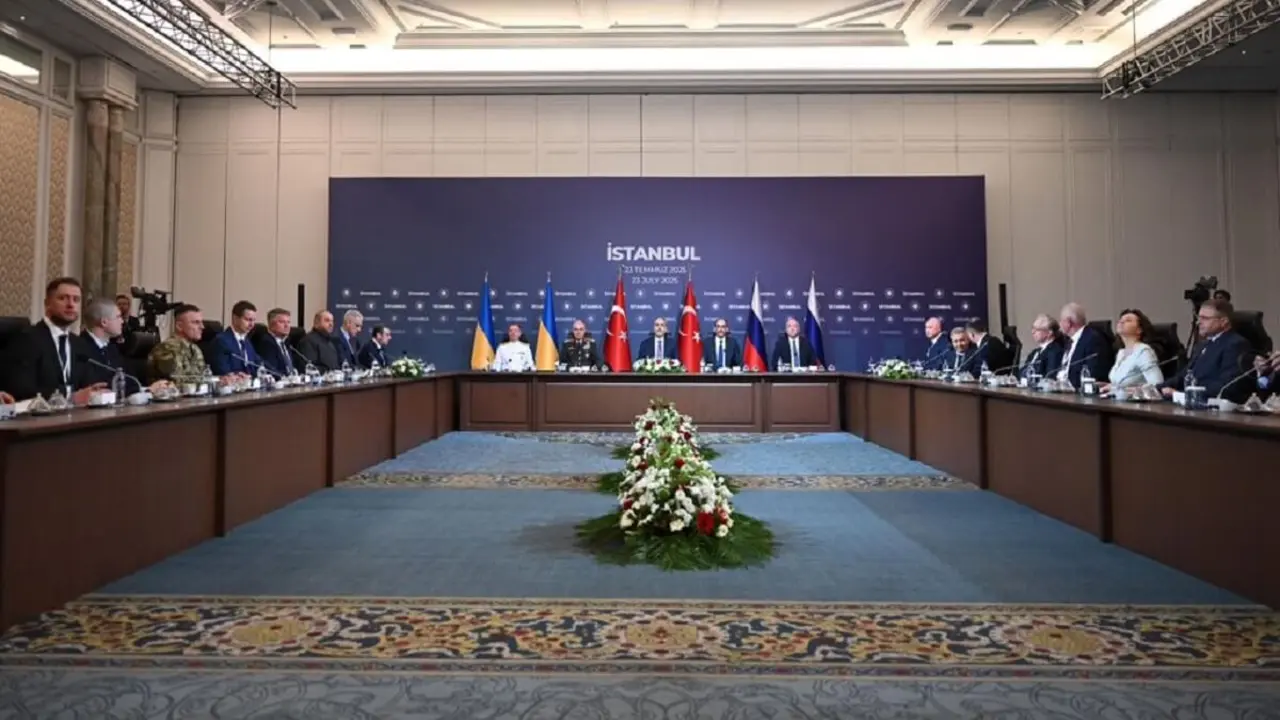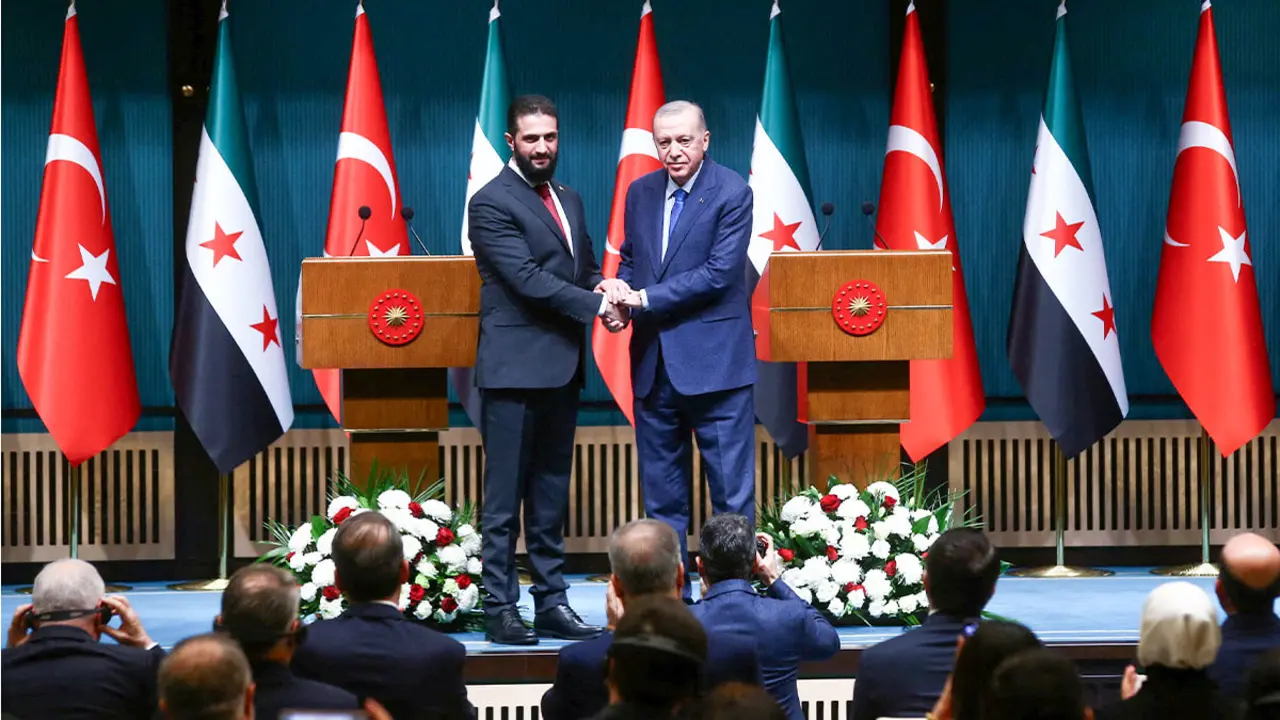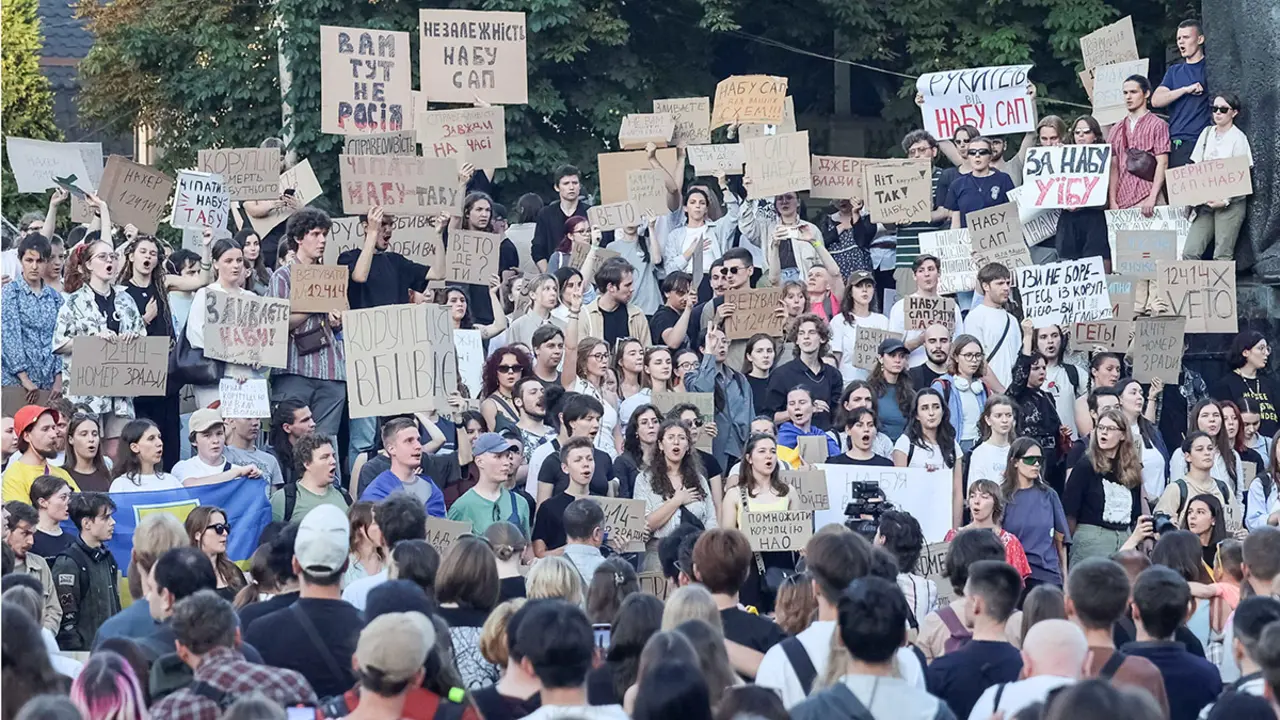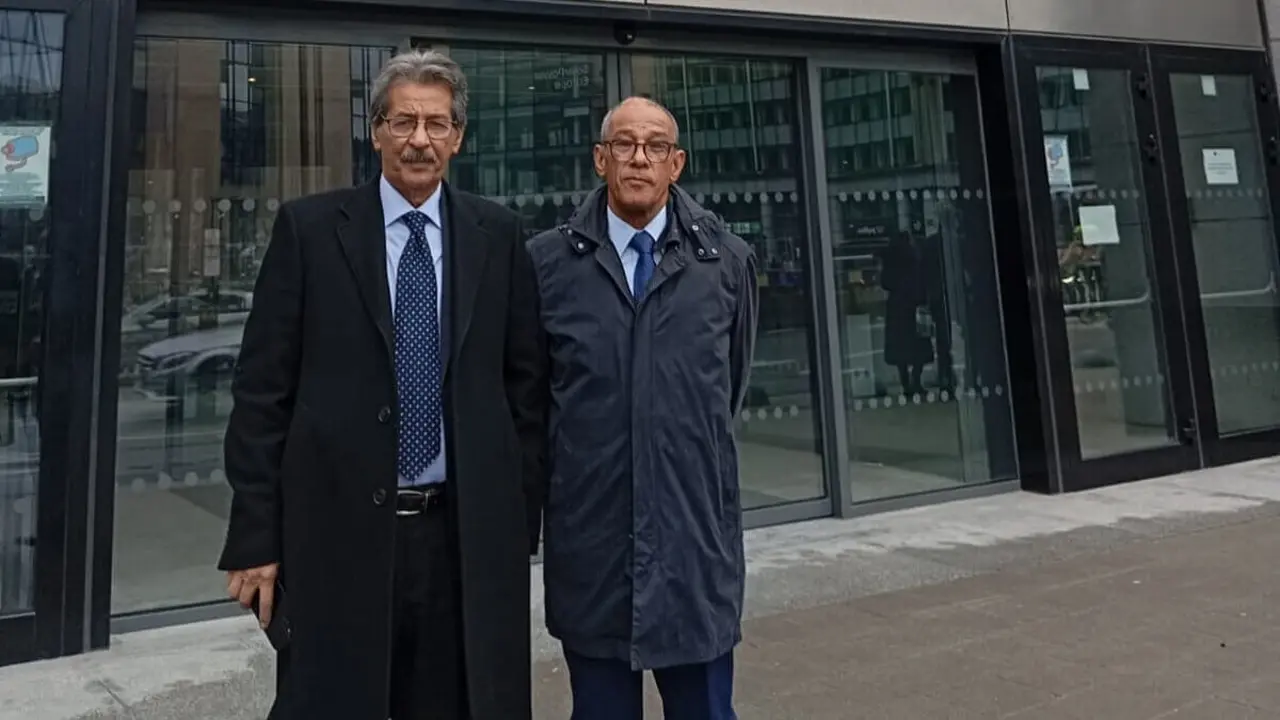Southern Yemeni separatists accept Saudi-sponsored proposal and renounce self-rule

Separatists in southern Yemen, represented by the Southern Transitional Council (STC), announced Wednesday that they are abandoning their unilaterally declared self-rule in April to implement the power-sharing pact promoted by Saudi Arabia, which ends the separatists' dispute with the internationally recognized government of Abd Rabbuh Mansur al-Hadi.
An official communiqué from the STC announced that the separatists, backed at the time by the United Arab Emirates (UAE), are renouncing autonomy in the south in favour of the Riyadh initiative, which was signed last November with the sponsorship of the Arab coalition but which was never implemented. An Arab alliance led by Saudi Arabia that fights militarily on the ground against the Houthi rebels, Shiite militias supported by the Islamic Republic of Iran (a major regional rival of the Saudi kingdom) that try to undermine Al-Hadi's executive.
"Given that we have achieved our objectives, the STC announces the renunciation of the declaration of self-government so that the Arab coalition can implement the Riyadh agreement," the official note issued said, which also noted that this decision was taken "in response to the intervention of the leaders of Saudi Arabia and the UAE" who, together with the separatists and the Yemeni government, have been negotiating in recent months to mediate.
Nizar Haitham, a spokesman for the STC, said on the social network Twitter that the decision was taken "in the framework of the efforts made by the leaders of the Arab Alliance to implement the Riyadh Agreement and reach solutions that address political, military, humanitarian and development conditions, and in response to interference from the leadership of Saudi Arabia and the leadership of the UAE; and for the efforts of the two fraternal leaderships to implement the Riyadh Agreement to be successful, to achieve security and stability, and to unify joint efforts to confront Houthi militias and terrorist groups.
The key has been Saudi Arabia's proposal of a new mechanism to accelerate the power-sharing agreement after negotiations with the Yemeni executive and the separatists, according to the official Saudi news agency SPA. This new "mechanism" includes the renunciation of the autonomy of the STC, a cease-fire between the two sides, the formation of a new government with equal representation of southerners within 30 days and the appointment of a new "STC-affiliated" governor in the governorate of Aden, where the separatists and the Yemeni executive share a seat. In addition, all military personnel deployed in Aden will have to be "relocated to their previous positions" in the conflictive governorate of Abyan.
The Yemeni state news agency Saba said on Wednesday that Yemeni President Abd Rabbuh Mansur al-Hadi had entrusted Prime Minister Maeen Abdul Malik with the formation of a new government team. In line with the new agreement, he appointed STC Secretary General Ahmed Hamed Lamlas as governor of Aden and Mohammed al-Hamedi as its security chief.
After the southerners' declaration of autonomy in April, tension between the two sides increased on June 20 when separatists took over the strategic island of Socotra, a UNESCO World Heritage site in the Indian Ocean, following clashes with government forces. Three days after the seizure of Socotra, both sides agreed to a ceasefire that was repeatedly violated and the fighting continued, while the Al-Hadi Government, assisted by the Saudi Arabian-led Arab coalition, has called on numerous occasions for an end to the "bloodshed".

The STC, which is part of the coalition against the Houthi rebels in Yemen, declared independence when it considered that the Al-Hadi Government was failing to implement the previous agreement that had provided for power-sharing, and accused it of corruption and inability and of abandoning the southern region in all respects.
The fact that Al-Hadi has entrusted the formation of the unity government to Maeen Abdul Malik under the Riyadh directive is a serious blow to the Muslim Brothers in Yemen and to their great allies, Qatar and Turkey.
Abdul Malik has already accused Qatar of supporting the Houthi coup that triggered the Yemeni civil war, which has been going on since 2014 and has caused what the United Nations has defined as the world's biggest humanitarian catastrophe in the country.
On November 5, 2019, the Yemeni government and the Southern Transitional Council signed an agreement under Saudi Arabian-Emirate sponsorship to unite Yemeni efforts against the Iranian-backed Houthi terrorist militia and to hand over legitimacy to the national government.
This historic agreement, which was accepted by Riyadh, affected the Muslim Brotherhood, which, under Qatari sponsorship, recruited hundreds of militiamen and tried to create a gap between the Arab alliance led by the Saudi kingdom and the STC. The effort of the Muslim Brotherhood was aimed at creating chaos in the Yemeni nation.
The Al-Islah party, linked to the Muslim Brotherhood of Yemen, and the Houthi rebels are the most affected by the implementation of the Saudi Arabian proposal, a country that tried to stop the Hutu coup d'état supported by Iran. The Brotherhood appears to have lost its bid to detonate the situation militarily in the liberated areas over the past few months to confuse the forces in the south and assist the Houthi militias.

The Yemeni conflict had become a three-way confrontation; the confrontation between the Yemeni government and the Hutu rebels was joined by the dispute with the STC separatists (supported in part by the Emirates until recently), who took over the south of the nation after rising up against the Al-Hadi government because they understood that the southern area was being forgotten in every respect by the central administration.
In this scenario, a "covert" agreement was reached involving Turkey, Iran and Qatar together with the Muslim Brotherhood and the Houthis to "share areas of influence in Yemen", according to information released by The Arab Weekly. Within the framework of this pact, the Hutu militia, with the support of Tehran, would control the north of the country "in exchange for supporting the ambitions of the Muslim Brotherhood to acquire the southern regions", where it would have Turkish and Qatari support.
Along these lines, Ankara entered into a conflict with Abu Dhabi over the Yemeni archipelago of Socotra, a geostrategic enclave in the south of Yemen that is considered to be a suitable entry zone for any invasion of the country. Turkey wanted to maintain the influence of the Brotherhood in that territory, which would allow it rapid access to the rest of Yemen; while the UAE sought to protect the archipelago from Turkish ambitions and, to that end, subjected it to its "full sovereignty", according to Yemeni government sources, which also accused the Gulf country of "attempting to separate the province from Yemen and establish military bases under the pretext of protecting it from Turkey and Qatar".
According to the Middle East Monitor, the Al-Islah party has been seeking to establish a military alliance with Turkey by sending fighters from its formation to the Turkish side present in the civil war in Libya, amid growing reports of possible future Turkish intervention in Yemen, particularly against militias backed by the United Arab Emirates.

